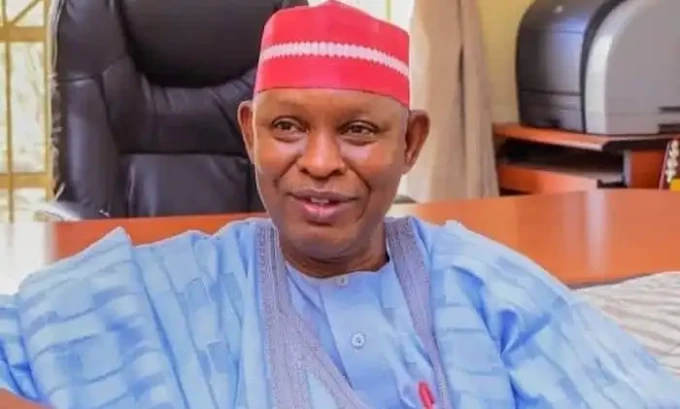The Nigerian government has officially ended the fuel and foreign exchange subsidies, a significant policy shift aimed at stabilizing the nation’s economy. This announcement was made by the Minister of Finance and Coordinating Minister of the Economy, Wale Edun, during the World Bank’s presentation of the Nigeria Development Update in Abuja on Thursday, October 17.
According to Edun, these subsidies had placed a heavy burden on Nigeria’s economy, costing the nation over N10 trillion—equivalent to five percent of its Gross Domestic Product (GDP). “Fuel and FX subsidy are extinguished,” Edun declared, emphasizing the financial strain these policies had imposed. The decision to eliminate the subsidies marks the end of a long-debated policy and represents a significant shift in Nigeria’s economic strategy.
In addition to announcing the end of the subsidies, Edun outlined a new government initiative focused on tackling unemployment through housing finance. The plan includes a mortgage scheme designed to offer near single-digit interest rates, making homeownership more accessible to Nigerians. By promoting construction activities, the government hopes this initiative will create substantial job opportunities and stimulate economic growth.
“The plan will be anchored around mortgage and housing financing,” Edun explained, highlighting the government’s commitment to addressing economic challenges through targeted interventions.
At the same event, the Governor of the Central Bank of Nigeria (CBN), Mr. Olayemi Cardoso, shed light on the recent decision to raise interest rates by half a percent. He explained that the Monetary Policy Committee (MPC) had anticipated the latest inflation trends, prompting them to take action. Cardoso emphasized the CBN’s commitment to evidence-based policymaking, stating, “Policies and decisions will be based on evidence and data going forward.”
The end of fuel and FX subsidies, coupled with these new economic measures, signals a decisive approach by the Nigerian government to manage its financial resources more effectively. The focus on housing finance and job creation represents a proactive step towards addressing unemployment while stabilizing the economy. As the country navigates these changes, the emphasis on data-driven policy formulation suggests a commitment to ensuring sustainable economic growth for Nigeria’s future.










This move may backfire, causing more economic hardships for the average Nigerian. Lets see how it plays out.
I think removing subsidies can be a good move to boost the economy. Lets see how it plays out! 🤔📈
This move will benefit the wealthy elites while hurting the average Nigerian. The government needs to prioritize the needs of its people.
This move might actually benefit the economy in the long run. Lets see how it plays out before jumping to conclusions.
I think ending fuel subsidies could lead to economic growth, but it may also hurt low-income Nigerians. Tough decision!
I dont get why everyones freaking out about the fuel and FX subsidies ending. Maybe its a good move? 🤷♂️
I think the Nigerian government should focus on investing in renewable energy instead of completely ending fuel subsidies. #SustainabilityFirst
Renewable energy is the future. Subsidies perpetuate reliance on fossil fuels. #TimeForChange
Why should the Nigerian government end fuel subsidies? What about the impact on the common people? I dont agree with this decision.